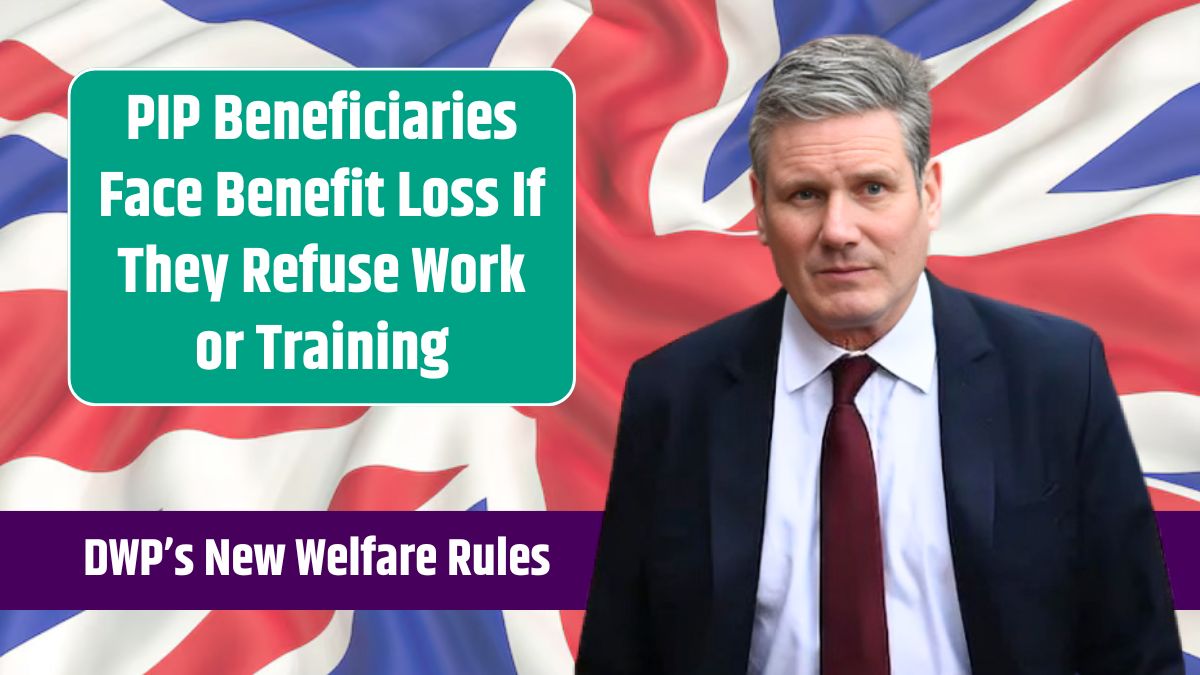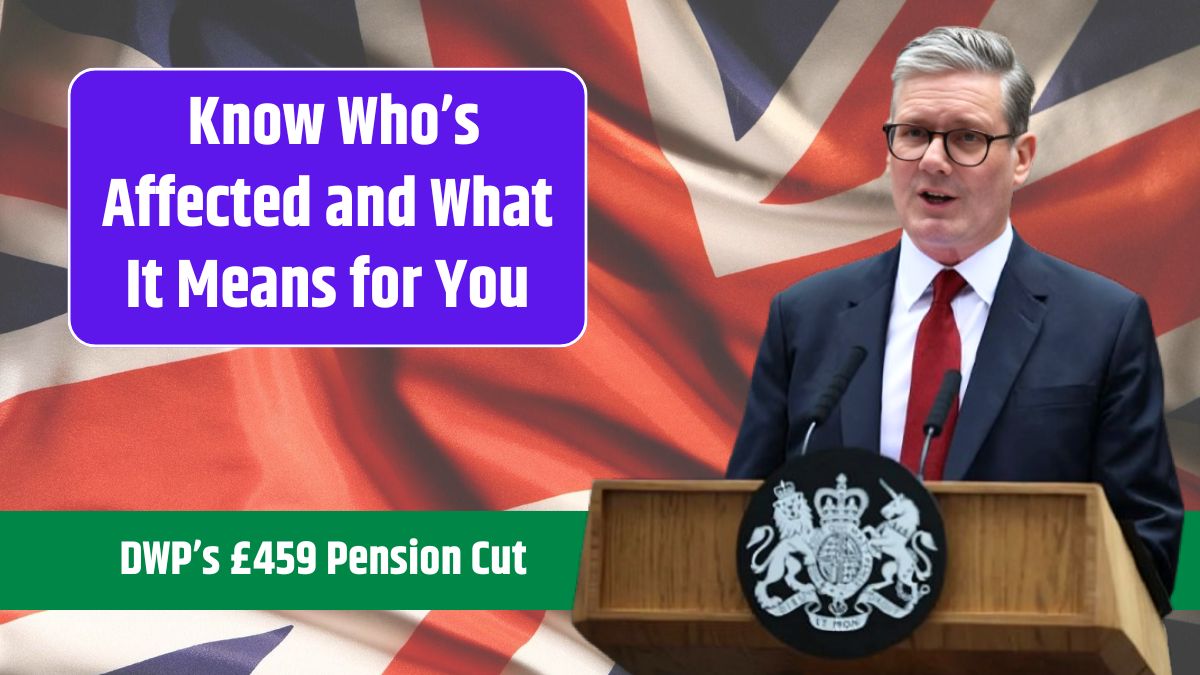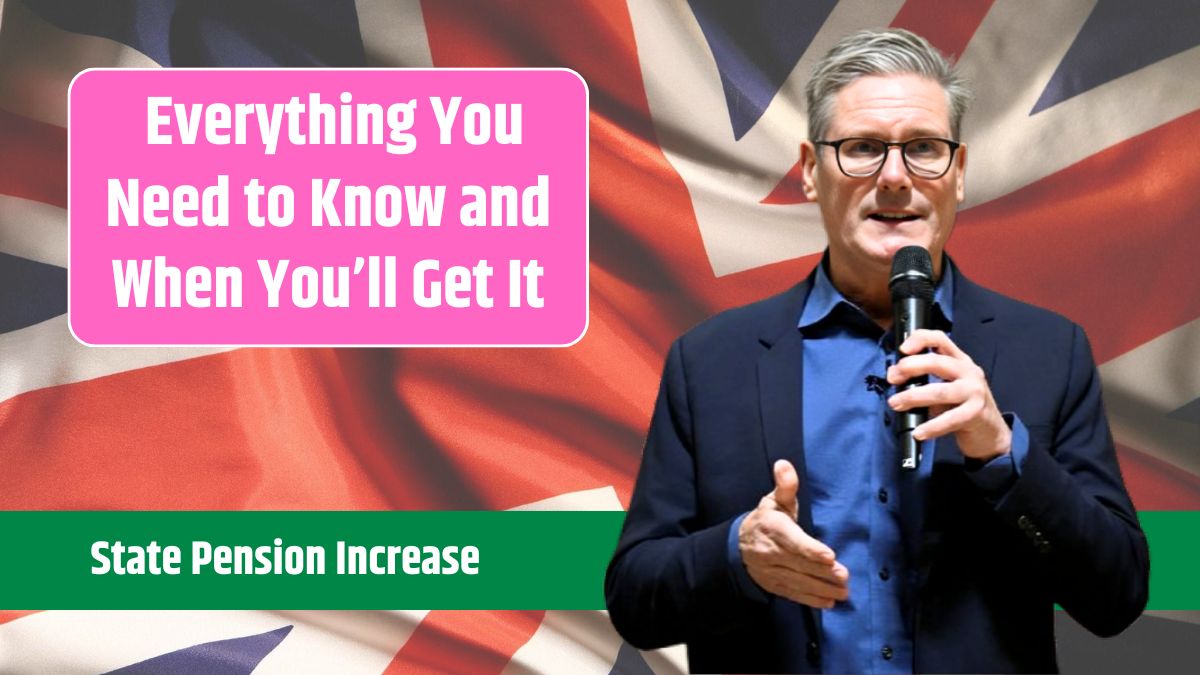The UK government has announced a series of welfare reforms aimed at reducing the welfare bill while encouraging young people to engage in work and training. Work and Pensions Secretary Liz Kendall emphasized that young claimants who refuse job or education opportunities will face benefit sanctions.
These changes are part of a broader plan to cut £3 billion in welfare costs over five years, aligning with commitments made under the previous Conservative administration.
But why is this happening now, and how will it impact young people on welfare? Let’s break it down.
Purpose
The Labour government is sticking to an earlier Conservative proposal to tighten welfare eligibility. By 2028/29, around 400,000 people will be assessed for their ability to work, with an emphasis on encouraging employment. The idea is simple: fewer people relying on benefits means lower government spending and a stronger workforce.
Liz Kendall stressed that the government has a responsibility to provide opportunities, but individuals must also take responsibility for accepting them. She introduced the idea of a “youth guarantee,” ensuring that those aged 18-21 must be in work or training.
Rising Welfare Claims
Welfare claims have been increasing, placing significant pressure on government spending. Statistics show that:
| Year | People on Incapacity Benefits (millions) |
|---|---|
| 2019 | 2.5 |
| 2029 | 4.2 (estimated) |
Over three million people were claiming incapacity benefits last year, and the trend is expected to continue. Several factors contribute to this rise, including:
- An ageing population leading to more health-related claims
- Increased diagnoses of mental health conditions
- More people over 50 experiencing physical health issues, such as joint pain
Mental health problems, in particular, have become a major cause for rising welfare dependency. While awareness and openness about mental health have improved, there are still challenges in integrating people with such conditions into the workforce.
Reforms
To address these challenges and encourage employment, the government has introduced several major reforms.
Youth Guarantee
Young people aged 18-21 must either work or study. This ensures that no one in this age group is left without a productive path forward. The government will provide support, but individuals must take responsibility for their future.
Work Coaches
A new initiative will place work coaches inside mental health clinics. This approach aims to help those with mental health conditions receive support while also preparing them for job opportunities.
By integrating employment assistance with healthcare, the government hopes to reduce long-term benefit dependency.
Non-Compliance
To enforce these new policies, stricter sanctions will be placed on those who refuse work or training opportunities without valid reasons. While the government is offering help, it also expects claimants to engage actively.
Impact
This plan is designed to help young people become independent and build valuable skills. However, it also demands accountability. If a young person refuses to work or study, they risk losing their benefits.
Liz Kendall highlighted that young people who do not develop job skills early may struggle later in life. In today’s competitive job market, lacking experience or qualifications can significantly affect long-term earning potential.
Ultimately, the government’s goal is to strike a balance—providing opportunities while ensuring that those who can work or study do so.
Whether this approach will achieve its intended results remains to be seen, but one thing is clear: changes are coming for young welfare claimants in the UK.
FAQs
What is the UK’s new welfare reform about?
The government is introducing stricter rules requiring young people to work or study or face benefit sanctions.
Who will be affected by the youth guarantee?
Young people aged 18-21 must be in work or training to continue receiving benefits.
Why are welfare claims increasing?
Factors include an ageing population, more mental health diagnoses, and physical health issues.
What are the new benefit sanctions?
Those who refuse job or training opportunities without valid reasons may lose benefits.
How will mental health claimants get support?
Work coaches will be placed in mental health clinics to assist claimants with finding jobs.


















